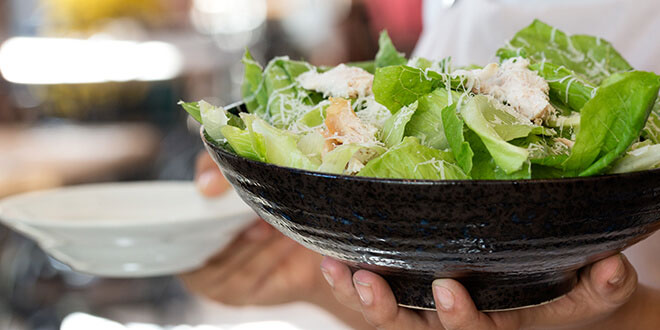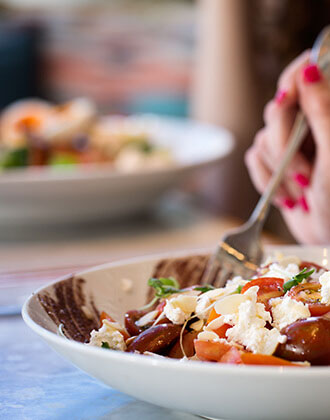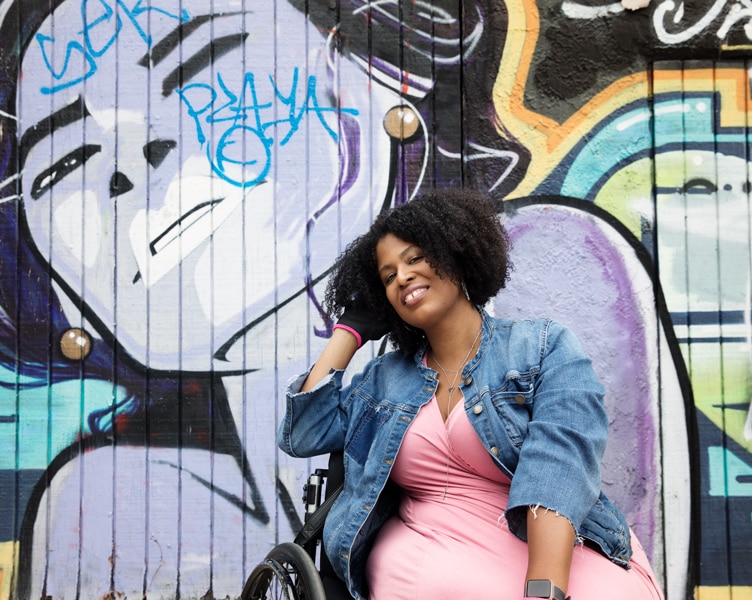Do I need to follow a special diet? Is there something I can't eat?
In general, the food that was good and healthy for you before your surgery is still good for you. A well-balanced diet is recommended for most individuals.

Eating small portions is a good idea
Right after surgery your ostomy nurse probably gave you some instructions on portion size and to avoid eating large meals initially. You may feel better if you try to eat smaller portions.
It is really important that you try to listen to your body and make sure you have regular meals, as this will help you have a more predictable bowel movement.

Stay in balance
It is important for you to get plenty of water to stay properly hydrated. Because you have an ileostomy, your body will absorb less of the water you drink, so you will need to drink 10-12 glasses of fluid every day unless your doctor tells you otherwise.
You will probably find that certain foods produce more gas than others, and although it is not harmful, you may want to cut down on those foods. The same applies to chewing gum. But remember: It will only take a little experimentation to find a balanced diet that feels right for you.
Alcohol and caffeinated drinks
Alcohol is fine in moderation, although carbonated drinks in general can produce gas.
Remember to chew your food thoroughly
Chewing food fully is very important to get a proper start to the digestive process, especially if you eat foods that are hard to digest (such as nuts). You should have received diet instructions from your ostomy nurse that include: foods that product gas, foods to avoid and foods that may make your stool more solid.
The following foods may cause blockage:
Nuts
Popcorn
Dried fruit
Mushrooms
Raw crunchy vegetables
Remember to eat slowly and chew your food thoroughly.
If you think you have a food blockage, you should call your doctor or ostomy nurse.
This website includes general guidelines. Always follow the instructions provided by your healthcare provider.



